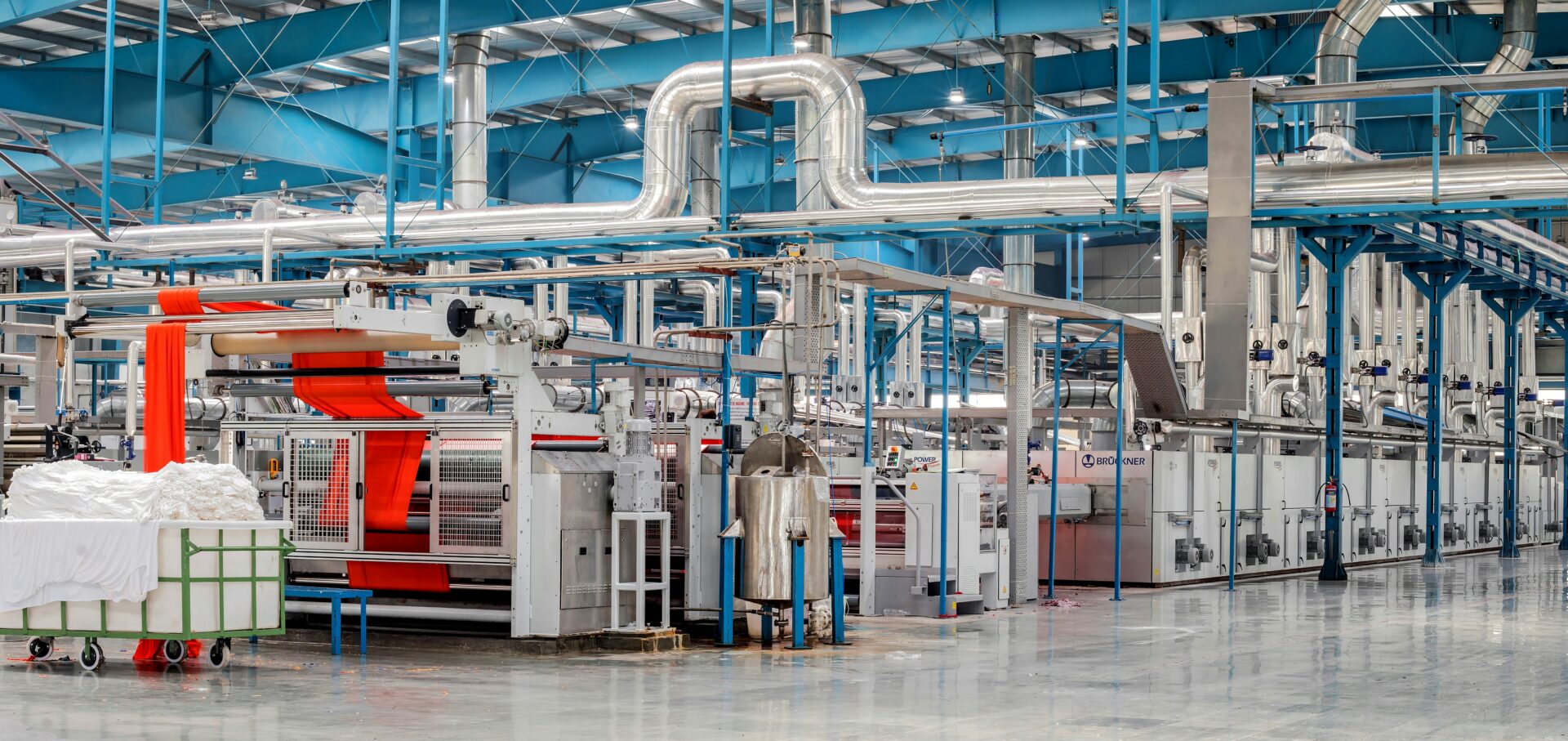Supporting working mums at Leyton UK
Even in the best of circumstances, we know that it can be challenging to balance a successful car...

Synthetic biology (or SynBio) is an exciting intersection of biology and engineering, which promises to tackle some of the world’s most pressing challenges.
The UK Government believes SynBio could even revolutionise key sectors, including food security, healthcare, and sustainability. As well as the social benefits, UK advances in SynBio could also deliver significant economic rewards, helping to drive the country’s reputation as a powerhouse for cutting-edge innovation.
As such, the government has invested in a series of initiatives such as A synthetic biology roadmap for the UK, which set out a path towards fostering a SynBio community to help realise this sector’s full potential. SynBio has also been supported by investment programmes championed by UK Research and Innovation (UKRI), and the establishment of Synthetic Biology Research Centres (SBRCs) across the country.
These efforts have been reasonably successful, with steady growth over the past two decades. SynBio has become a significant area of research and development within the UK in recent years, with nearly 100 companies now working within the field.
Despite the exciting potential, the sector isn’t without its challenges. SynBio is a complex and costly industry that requires a highly skilled workforce, advanced technologies and scalable routes to production. Further, this creates the need for new legislation and careful regulation, which could potentially slow down progress.
In this article we take a closer look at the SynBio market, examining what’s driving and hindering innovation, as well highlighting the key areas for exciting potential R&D breakthroughs.
There’s been a real push for advances in SynBio, coming from areas such as the UKRI’s £102 million Synthetic Biology for Growth programme (SBfG) and their £73 million Engineering Biology Missions Hubs and Mission Awards. More recently, the government committed £2 billion to its National vision for engineering biology, aiming to fully establish the UK as a leader in engineering biology.
This increased interest can partly be attributed to the Covid-19, as breakthroughs in mRNA vaccines help to contribute to our pandemic preparedness.
There is also clear interest from venture capitalists and global healthcare and pharmaceutical companies. One article from the World Economic Forum went as far as to say that synthetic biology was contributing to an investment “gold rush”, as green applications could help to achieve net zero.
Government backing makes the UK an attractive place for investment, especially as we’re recognised as one of the main leaders in Europe (along with Germany and the Netherlands) thanks to our strong foundation of research institutions, universities, and startups. This is encouraging as the European SynBio market is experiencing significant growth, valued at ~$1.7 billion in 2022 and projected to reach ~$6 billion by 2032.
Advancements in genetic engineering are also fuelling the growth of the synthetic biology market. Breakthroughs in gene-editing technology, like CRISPR-Cas9 allow scientists to precisely manipulate DNA sequences.
Additionally, developments in artificial intelligence and machine learning are not only accelerating the analysis of massive datasets (that go hand in hand with biology R&D) but also delivering significantly advanced predictive power – which is needed for predicting complex biological systems.
Despite SynBio’s obvious promise and potential and increasing investments, very few synthetic biology products have achieved widespread adoption. This is partly due to the high initial development costs and the fact that technological readiness a clear pathway to commercial-scale production.
The UK’s current skills shortage may also be holding back progress, as there are shortages in digital skills and key life sciences disciplines such as biological and clinical science, as well as in most specialist areas such as genomics and phenomics.
Unsurprisingly, there is also a lively ethical and social debate surrounding concerns about modifying living organisms and other risks that could potentially arise from the use of this technology. This means that clear ethical frameworks and transparent dialogue are needed to guide responsible research, innovation, and the use of these technologies.
In practice, this means that there will be legislative and regulatory requirements, concerning responsible product development, the protection of intellectual property and working with global stakeholders to create an open dialogue that shapes international norms and standards for ethical engineering biology practices. The need for this sort of policy work and regulation has recently been highlighted in the UK’s National Vision for Engineering Biology.
There are many diverse applications for SynBio. Below, we’ve identified four key areas for technological advancement that present exciting opportunities for R&D breakthroughs:
The power of gene editing could unlock significant scientific breakthroughs in the fields of healthcare and agriculture.For example, gene editing could help correct genetic mutations that cause diseases or engineer crops with traits like fungal, pest and drought resistance. Similar to the genetically modified pest-resistant Bt cotton (which is already in use), gene editing could significantly reduce our reliance on harmful chemicals and instead promote more sustainable farming practices.
SynBio can potentially revolutionise how we approach disease, as scientists aim to engineer bacteria to perform complex tasks, like targeting and eliminating cancer cells. CAR-T cell therapies, where immune cells are modified to fight cancer, are already offering hope to patients battling leukaemia and lymphoma.
Researchers are hoping to further enhance crops’ nutritional value, such as golden rice enriched with beta-carotene to combat vitamin A deficiency in developing countries. There is the potential to create extremophile crops that thrive in harsh climates, helping address the challenges of climate change and food insecurity.
There is also research that focuses on improving livestock health and exploring the large-scale production of lab-grown cultured meat alternatives, which could go a long way in addressing animal welfare and sustainability concerns.
SynBio can potentially revolutionise how we approach disease, as scientists aim to engineer bacteria to perform complex tasks, like targeting and eliminating cancer cells. CAR-T cell therapies, where immune cells are modified to fight cancer, are already offering hope to patients battling leukaemia and lymphoma.
Our consultants are already working with innovative companies that are leading the way in biochemical, biotechnological and other advanced areas of SynBio, giving them a deep understanding of its unique R&D landscape.
Their expertise allows them to identify eligible activities, helping you to maximise potential tax relief by claiming government-backed R&D Tax Credits. This could significantly reduce your R&D costs, freeing up resources for hiring and training new staff, expanding research facilities and scaling production capabilities.
Are you working on innovations in synthetic biology? Book a meeting to find out more about how we can support your R&D efforts.
Explore our latest insights

Even in the best of circumstances, we know that it can be challenging to balance a successful car...

Small and Medium-sized enterprises (SMEs)are the lifeblood of innovation in the UK. We’ve dived i...

Full expensing is a first-year allowance that allows businesses to reduce their tax liability and...

To help businesses understand if their work qualifies for R&D Tax Relief and to make sure tha...